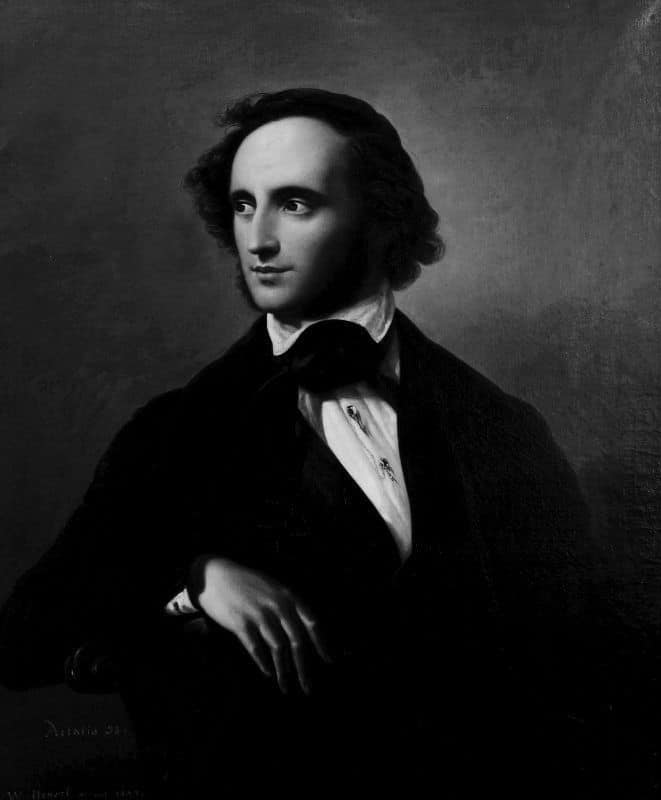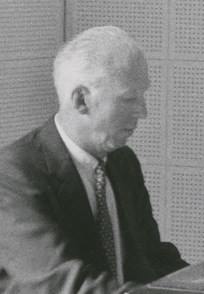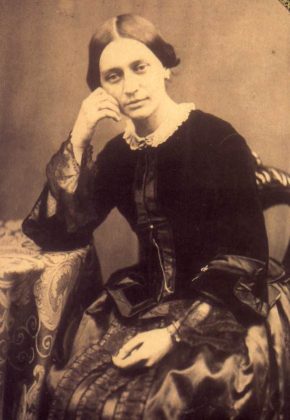-
Francisco Tárrega
…in reviving the guitar as a solo instrument in recital and concerts. Tárrega’s legacy lives on through his compositions of approximately 78 original works and 120 transcriptions for the solo…
-
Nikolai Rimsky-Korsakov
…composition, and under the older man’s guidance, he began working on his first symphony, despite his limited knowledge of harmonic and contrapuntal principles. Sailing the High Seas and Musical Waves…
-
Robert Schumann
…life. However, Schumann’s dreams of becoming a virtuoso pianist were crushed when he suffered an injury to his hand, forcing him to shift his focus towards composition. Early Compositions and…
-
Luigi Boccherini
…writing, set his compositions apart. In conclusion, Luigi Boccherini’s remarkable contributions to the realm of classical music continue to resonate today. His unique approach to composition and his emphasis on…
-
Franz Liszt
Franz Liszt was a musical prodigy of extraordinary talent and influence. His innovative compositions and exceptional piano-playing techniques continue to inspire musicians worldwide. The Early Life of Franz Liszt Born…
-
Felix Mendelssohn
…a visit to Paris, he studied the piano under Marie Bigot. He also received formal training in composition from Carl Friedrich Zelter, who profoundly influenced the young protege. A Prodigy…
-
Johann Sebastian Bach
Johann Sebastian Bach was a revered Baroque-era composer for his innovative compositions and stylistic innovations. Born in 1685, his music continues to resonate through the ages, enchanting listeners with its…
-
Leroy Anderson
…period of Anderson’s career. He composed and conducted his own orchestras, creating hit recordings like “Blue Tango,” “Plink, Plank, Plunk!,” and “Belle of the Ball.” His compositions were not only…
-
Mily Balakirev
…There, he studied composition with Karl Eisrach and Alexander Ulybyshev. It was during his time in St. Petersburg that he encountered fellow composers Modest Mussorgsky, César Cui, Alexander Borodin, and…
-
Ralph Vaughan Williams
…known as the “Pastoral Symphony” (1922), evokes the tranquility of the English countryside, while his Fourth Symphony (1935) is more dissonant and reflects the turbulent political climate of the time….
-
Johann Strauss I
…audiences far and wide. His most celebrated compositions include the Radetzky March and the Täubernl-walzer, the first of many sets of Viennese waltzes named for the places where they were…
-
Clara Schumann
…composition, and counterpoint. Her father’s meticulous methods shaped her into a virtuoso pianist, who would later redefine the norms of the piano recital and the concert stage. Early Career and…











